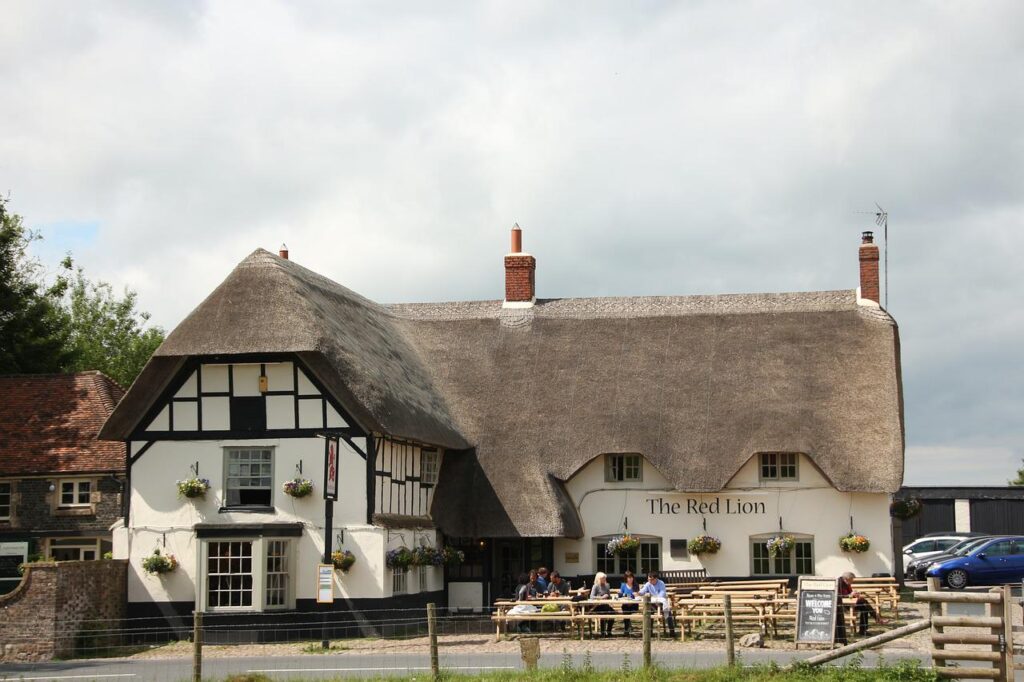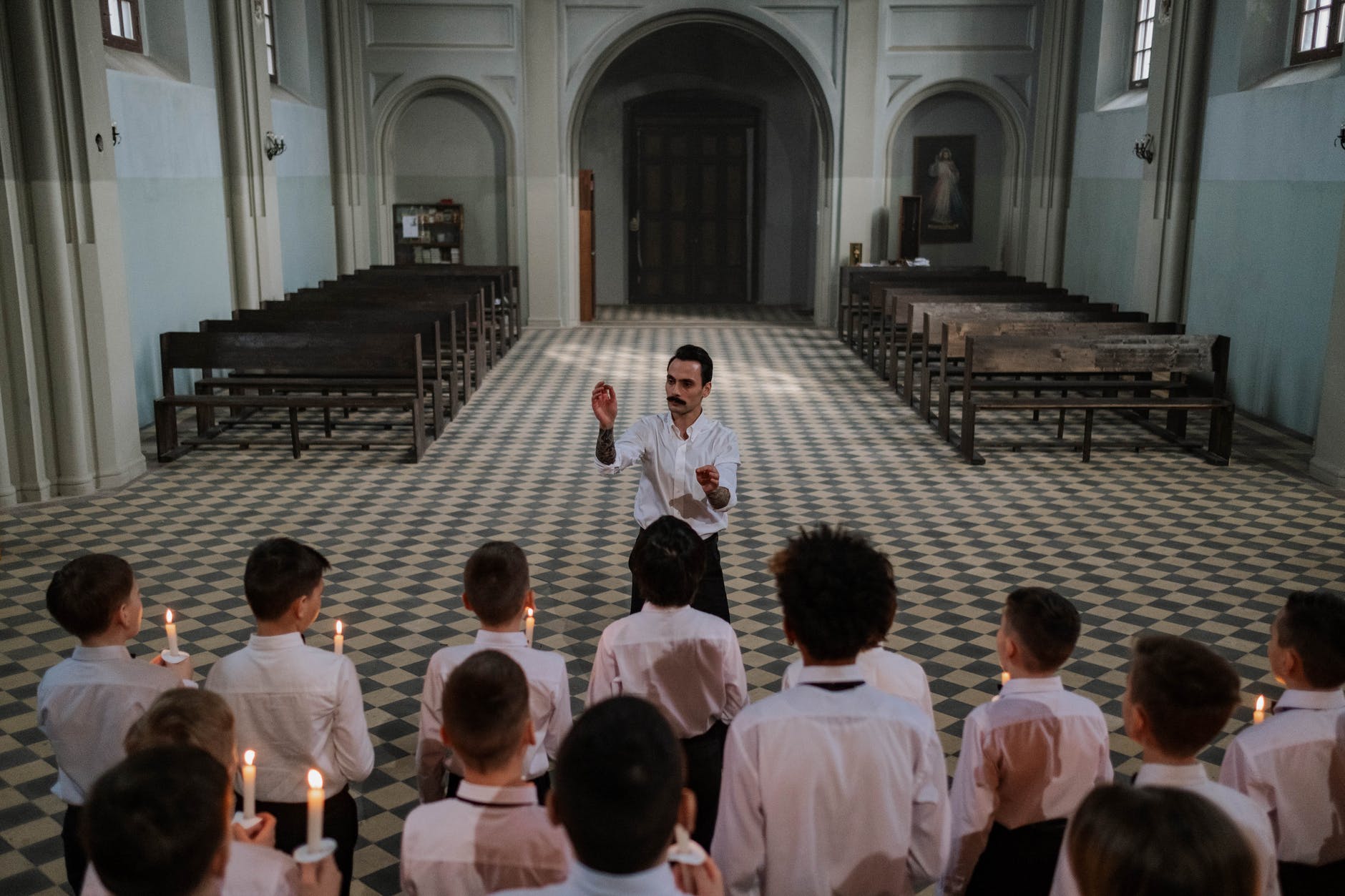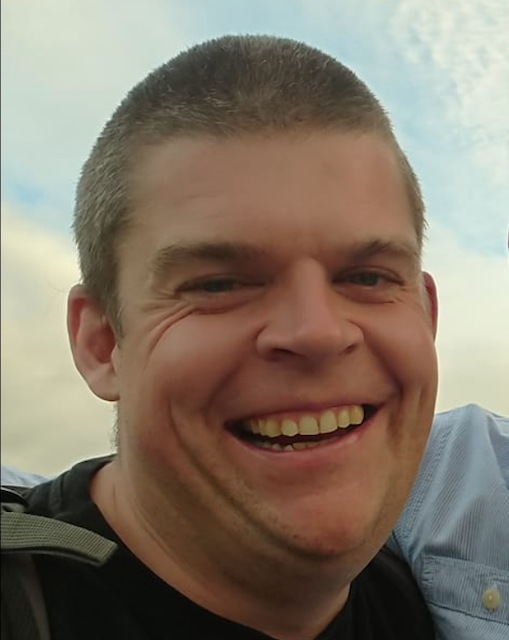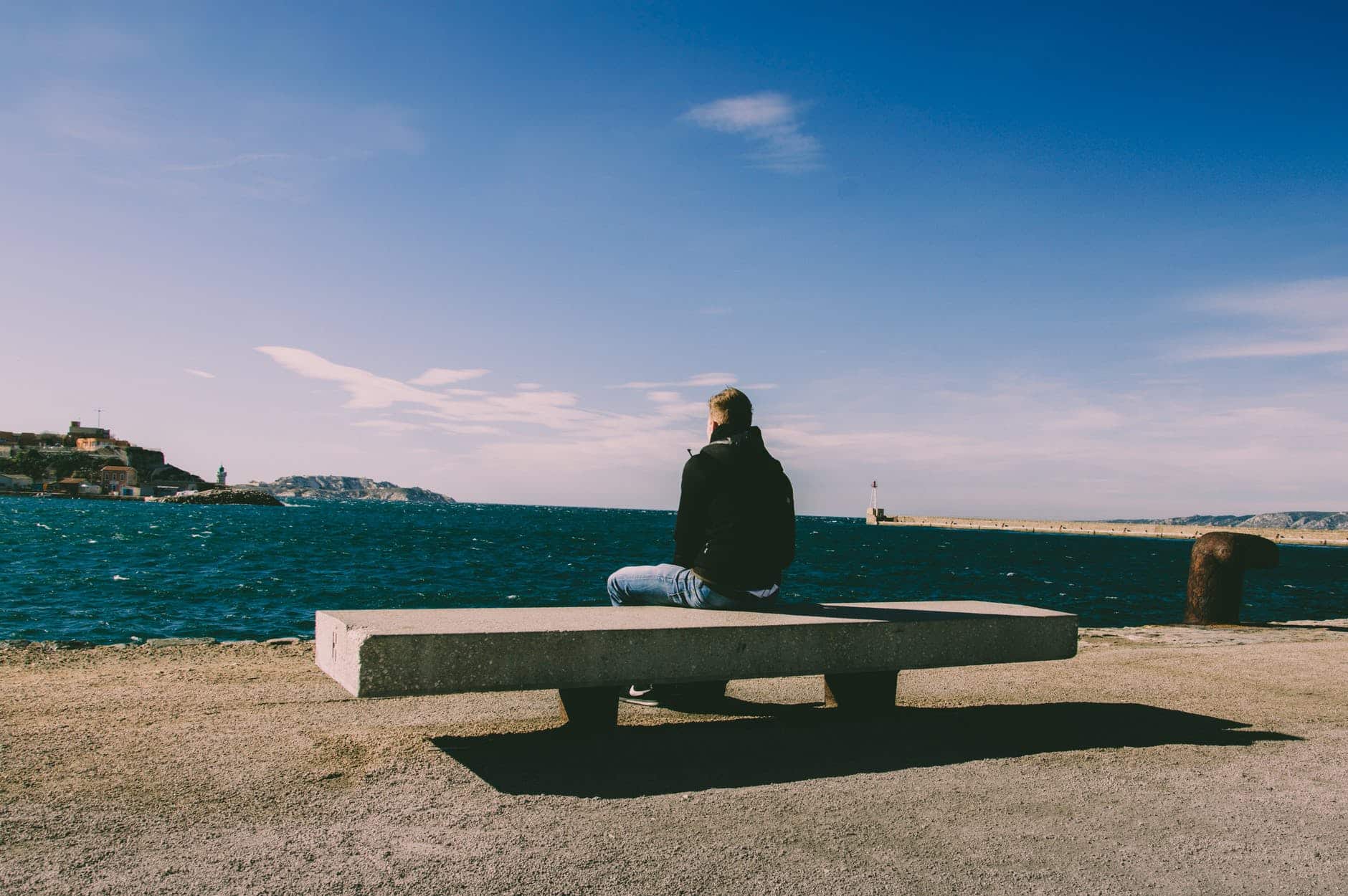I am writing this piece in the hope that it may be of some help to those who have joined the unique group of people who have resuscitated a loved one. Certainly, for me, it evoked a myriad of thoughts and feelings, many of which were quite troublesome for some time after the event.
Down with a thud

The main characters in this prose are my father, a super fit fell running lovely bloke, who also happens to be a retired surgeon and myself, a significantly less fit, and at times pessimistic grumpy bloke who works as a Nurse Associate in Manchester (at the very first NHS hospital no less).
On the day in question, we had been for a few hours walk in the Lake District. It was a lovely clear day and we’d returned to the pub we were staying in to get cleaned up and ready for some tea and a pint or two. Dad, obviously having not done enough exercise decided to go for a half-hour run-nothing unusual there as I’m sure he was a bit addicted to running.
Whilst untying his shoelaces and chatting to me, dad collapsed in the room we were staying in. There was no warning, no pain, none of the typical precursors of ‘feeling a bit wobbly’.
He just went down with a thud.
Isolated

Thanks to my years of work in the NHS and the training I’d had over the years, I realised instantly that dad was very sick indeed. I needed help and needed it quickly. The pub we were in was isolated. The nearest town is about ten miles away. Help from paramedics took about 20 minutes to arrive. I remember mentally noting the time that dad collapsed (1646hrs) as I’m aware that timing can be crucial when making decisions regarding further interventions during cardiac arrest.
Or indeed, termination of CPR.
After asking pub staff for help, I somehow composed myself and went into work mode. Dad was suddenly just a gent who’d had a collapse and was found to have no pulse, indeed I handed him over to the paramedics as this.
For a while after, I felt bad that I’d not acknowledged that the blue, lifeless body in front of me was my lovely dad, but I do think this probably helped me stay focused. This was not an occasion for dithering and hysterics.
The pub had a defibrillator and thanks to this and help from pub staff doing really good quality CPR, dad had a heartbeat again 5 minutes after he collapsed. That dad was in a shockable rhythm was a massive relief as recovery is far more prevalent in those arrests that are either VT or VF.
The horror of what had happened began to dawn on me once the first crew arrived – 3 ambulance teams came. I was well aware through my work that very few people (about 8%) survive Out of Hospital Cardiac Arrest ( OOHCA). I was suddenly very scared indeed. I knew that despite dad now having a pulse, the chances of him being left with profound brain damage were high due to the time his brain had received no oxygen. The chances of him re-arresting en route to the hospital were also at the forefront of my mind, as we wound our way to the hospital some 20 miles away with copious quantities of diesel and a heavy right foot! The paramedics had put a standby call into the hospital to let them know a very unwell patient was on the way.
Sirens

In the days and weeks after I was able to see dad make a great recovery, both from the arrest and subsequent heart bypass surgery. I did however begin to experience intrusive thoughts and what I knew to be anxiety symptoms. I froze on hearing the sound of sirens and also seeing the silhouette of blue flashing lights at night as it put me right back to being in the back of the ambulance with dad. At work, I’d hear the beeps and pings of monitor alarms and this would stop me in my tracks, again bringing about flashbacks. Even today, the robotic voice of a defibrillator makes me shiver.
Only the other week, a friend and colleague collapsed at work, whilst talking to me (maybe I bore people to death). Thankfully, all was well and it was simply a case of having nothing to eat or drink for longer than she should have!
Seeing her drop to the floor like dad, once again took me back to when dad was so poorly. I guess some memories will always evoke thoughts and feelings and it’s just a case of learning to manage them as best we can.
Not infrequently, I encounter Agonal breathing (the ‘last gasps’) in patients at work and this does take me back to the scene with dad, but I have now reached a point where it doesn’t distress me, more that I acknowledge the memories it evokes.
I was lucky enough that a lot of my friends knew what I was experiencing was ‘normal’. I have a good mate who is a clinical psychologist and he really helped me rationalise what I was experiencing. Although unpleasant, it was just my brain’s way of processing an incredibly traumatic event.
Talking to people about the event helps, though I struggle with the ‘heroic’ label! I used a relatively simple set of skills coupled with an incredibly fortunate set of circumstances, dad at least didn’t arrest alone or up a mountain with me!
The Conductor

I’ve resuscitated people before, in the relatively controlled environment of a hospital. It’s usually a well-drilled process and a specialist team turns up to coordinate everything and provide advanced skills. The team is usually headed up by a senior Dr specialising in anaesthetics or Intensive Care Medicine. They know exactly what they’re doing and we as junior staff members know that they know exactly what they’re doing.
A sharp contrast to being in a pub, in the back of beyond with the patient being someone who you care dearly for. I found myself having to ‘run’ the arrest team on the occasion. I was probably a bit bolshy, ordering people to do various things eg cutting clothes off, and taking over chest compressions (they’re pretty tiring). There is no doubt that without the help of the staff, dad’s outcome probably wouldn’t have been as great as it has been. We owe them a lot as a family.
Resuscitation as a process is pretty barbaric. You apply so much force to the chest wall that ribs break. You feel a horrible crunching sensation. You hear inherently unpleasant sounds. Indeed, the sound of agonal breathing will haunt me for the rest of my days. When indicated, you apply electric shocks to the patient. The team push tubes down the patient’s throat in an effort to provide much-needed oxygen to keep the fragile brain alive.
After an arrest or similar event in the hospital, staff try to have a debrief, even if it’s just an informal chat in the brew room. It’s important that all involved have their chance to speak about their thoughts and feelings, but equally, debriefing shouldn’t be forced on people.
I’m really pleased that the resuscitation council and others governing all things resuscitation have recognised that for those involved in a resuscitation attempt, it can have long-lasting effects, regardless of the outcome.
I am glad that the SCA UK and Chain of Survival UK groups exist, as we all have a very unique shared experience. Members can voice their experiences and challenges they face in a forum where we all have some understanding of what each person is experiencing.
Learn more about Mark’s experience by listening to this episode of the Life After Cardiac Arrest podcast

NHS Nurse and OHCA lifesaver


As I read your story , I was taken back to my experience last December on my husband he had a myocardial infarction . We were on our own I’d never done anything like this but the team on the phone kept me going to the paramedics came 20 mins later , unfortunately a day later we released he would be able to make it this has made me realise I’m struggling And have been very erratic seams
A very emotive post, Mark. Thanks for sharing. I was the survivor in my case and it was my wife who gave the CPR. It was 3 years ago now but everytime I read an account such as yours, from someone who actually carried CPR out, my eyes fill up. Just thinking about what you, my wife and so many others had to go through. Not to mention, the narrowness of window of opportunity… I still sometimes struggle to believe that I was lucky enough to get through it. Thanks so much for sharing.